Locations
289 to 312 of 5000 results
-
Het Brouwdok (brewery)
Het Brouwdok (brewery)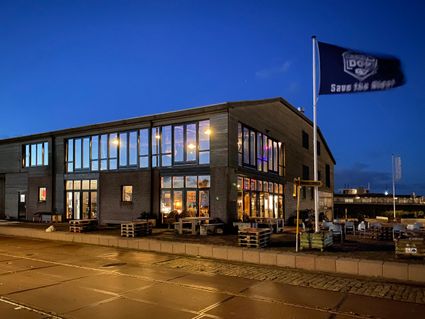 Harlingen
Harlingen -
Waskmar


Accept cookies to see this content.
Waskmar
 De Wilp
De Wilp -
Doe eens Wad
Doe eens Wad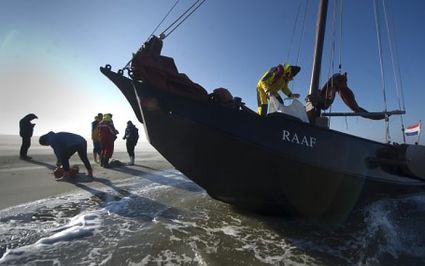 Lauwersoog
Lauwersoog -
Gallery Aukje de Haan
Gallery Aukje de Haan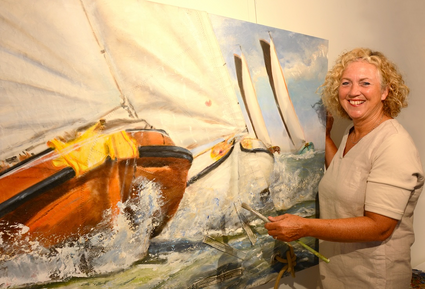 Sneek
Sneek -
Kloosterman natuurvoeding
Kloosterman natuurvoeding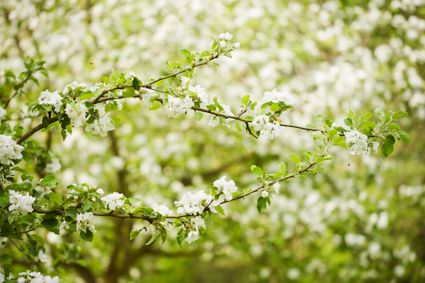 Giekerk
Giekerk -
Camperplaats Thialf Heerenveen
Camperplaats Thialf Heerenveen Heerenveen
Heerenveen -
Schierzicht Logement
Schierzicht Logement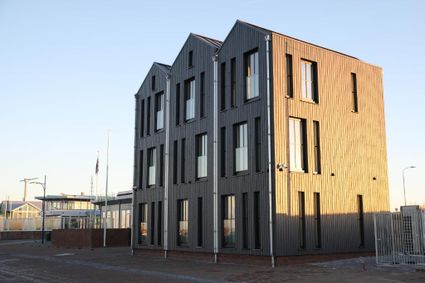 Lauwersoog
Lauwersoog -
Klup de Dag
Klup de Dag Leeuwarden
Leeuwarden -
Kunstwerk De Veengravers
Kunstwerk De Veengravers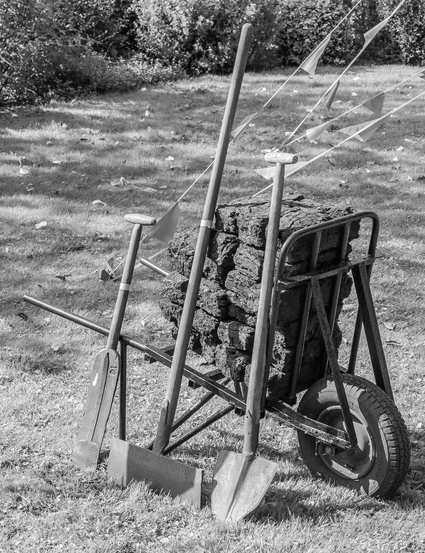 Ravenswoud
Ravenswoud -
Fish restaurant Vis en Meer
Fish restaurant Vis en Meer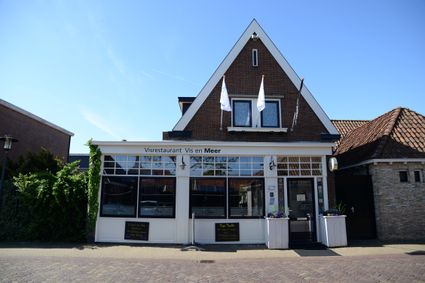 Woudsend
Woudsend -
Plasjes langs de N31, Harlingen - Vogelkijkpunt
Plasjes langs de N31, Harlingen - Vogelkijkpunt Kimswerd
Kimswerd -
Aanlegsteiger SN52A
Aanlegsteiger SN52A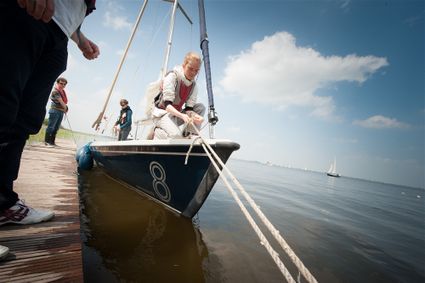 Langweer
Langweer -
Wyldemerk
Wyldemerk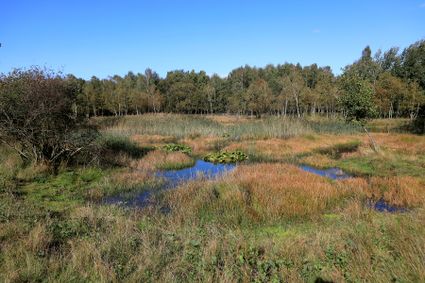 Harich
Harich -
Camping it Krúswetter - Appartement Sweltsje
Camping it Krúswetter - Appartement Sweltsje Easterlittens
EasterlittensDirect boekbaar
-
Hâld Moed Cidery
Hâld Moed Cidery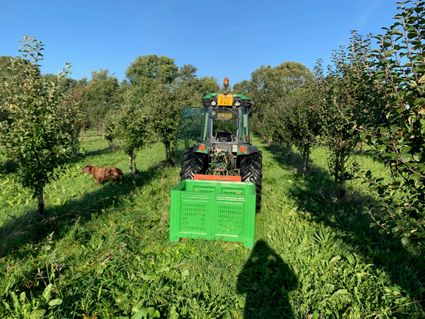 Hemelum
Hemelum -
Terpboerderij Stilleven (a farm on a mound)
Terpboerderij Stilleven (a farm on a mound)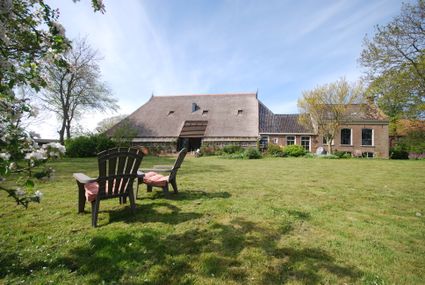 Jannum
Jannum -
de Markestee - de Markestee
de Markestee - de Markestee Blesdijke
BlesdijkeDirect boekbaar
-
Vegelinbossen Forests
Vegelinbossen Forests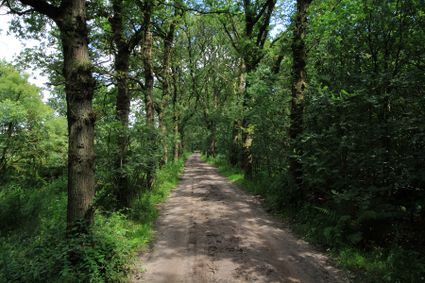 Sint Nicolaasga
Sint Nicolaasga -
Twijzelermieden - Ald Dyk- heuvel
Twijzelermieden - Ald Dyk- heuvel Twijzel
Twijzel -
St Maurice Church in IJlst
St Maurice Church in IJlst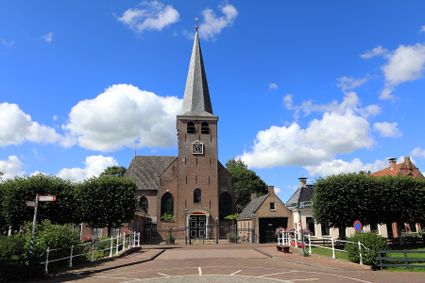 IJlst
IJlst -
Luxwoude
Luxwoude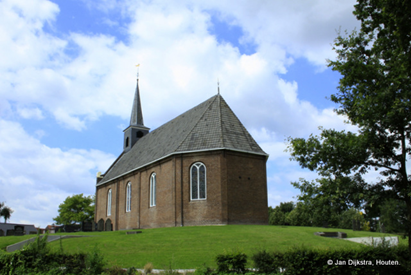 Luxwoude
Luxwoude -
Groepsactiviteiten de Blikvaart
Groepsactiviteiten de Blikvaart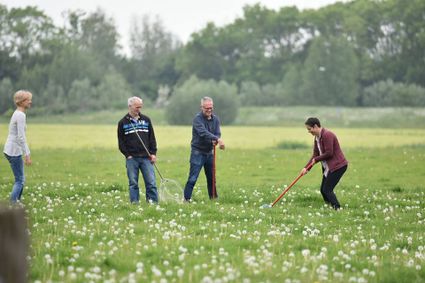 St.-Annaparochie
St.-Annaparochie -
Dr. Watson
Dr. Watson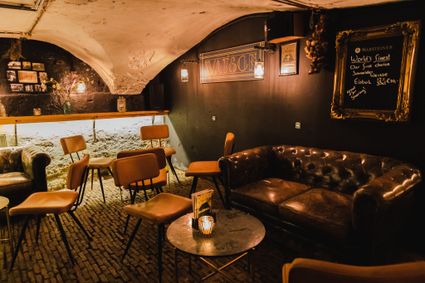 Leeuwarden
Leeuwarden -
Ambush at Oldeholtpade
Ambush at Oldeholtpade
On 12 April, the bridge over the Tjonger in Mildam fell into the hands of the Royal Canadian Dragoons reconnaissance regiment. Because the occupier had blown up many other bridges, the Canadians attached great importance to preserving this bridge for the crossing of other Canadian units. That is why dozens of armoured cars, mobile artillery guns and numerous other vehicles were sent to Mildam that day to reinforce the bridgehead over the Tjonger.
In one of those armoured cars, a Staghound, was 24-year-old Trooper Wilfred Robert George Berry from Ontario. The young Canadian had volunteered for military service in Europe. And had already fought with the Royal Canadian Dragoons in Italy. At the end of February 1945, they were transferred to Northwest Europe.
For Berry, the war ended in Friesland. In Oldeholtpade, on the road to Wolvega, his vehicle drove into an ambush along with at least one other Staghound. In the vicinity of a broken-down German car, German soldiers had hidden with Panzerfausts. The Panzerfaust was a very powerful and easy-to-use anti-tank weapon. The first shot missed, but the second projectile hit the front Staghound, on the side where driver Wilfred Berry was sitting at the time.2 The Staghound went off the road and overturned. The three other crew members got injured, but were able to leave the vehicle and took cover behind the second Staghound. One of them stated:
"[…]Flames burst through the turret, where the officer and I were half in and half out of the hatches. Any skin surface not covered was burned and the flames badly singed our eyebrows, eyelashes, moustaches and hands, sending me and the officer both wounded to the field hospital."3
Immediately after the first Staghound was hit, the second Staghound opened fire on the Germans. Seriously injured, Wilfred Berry remained in the vehicle. After about fifteen minutes of shooting back and forth, the other Staghounds retreated towards Oldeberkoop. The exact reason for this remains unclear. Berry was already dying and was briefly cared for by the elderly Andriesje Dekker-Oosterhof in the vehicle when the shooting had stopped. The tragedy had unfolded right in front of her house. He died in the wreck shortly afterwards.
Berry's remains were eventually transferred to the farm on "De Bult" in Oldeberkoop and buried there. After the war he would be reburied at the Canadian war cemetery in Holten. The other crew members were eventually able to return to their units after receiving medical treatment. The commander only had burns on his face.
The event made a deep impression on the inhabitants of Oldeholtpade. In 1945, a monument to Berry was erected. And in 1965, a street was named in his honour.
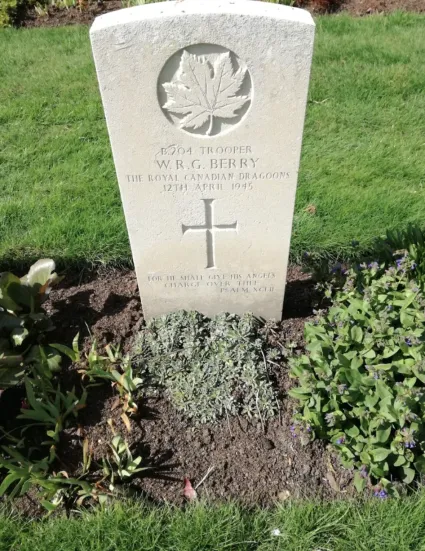 Oldeholtpade
Oldeholtpade
